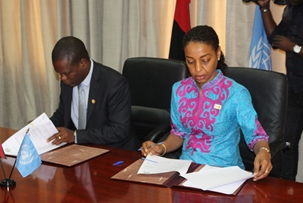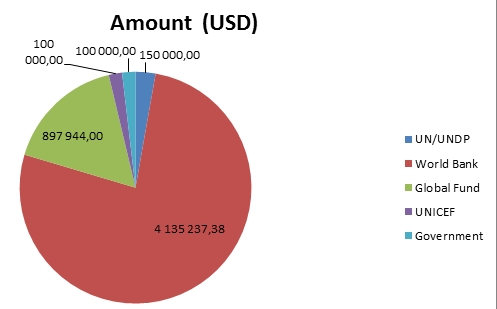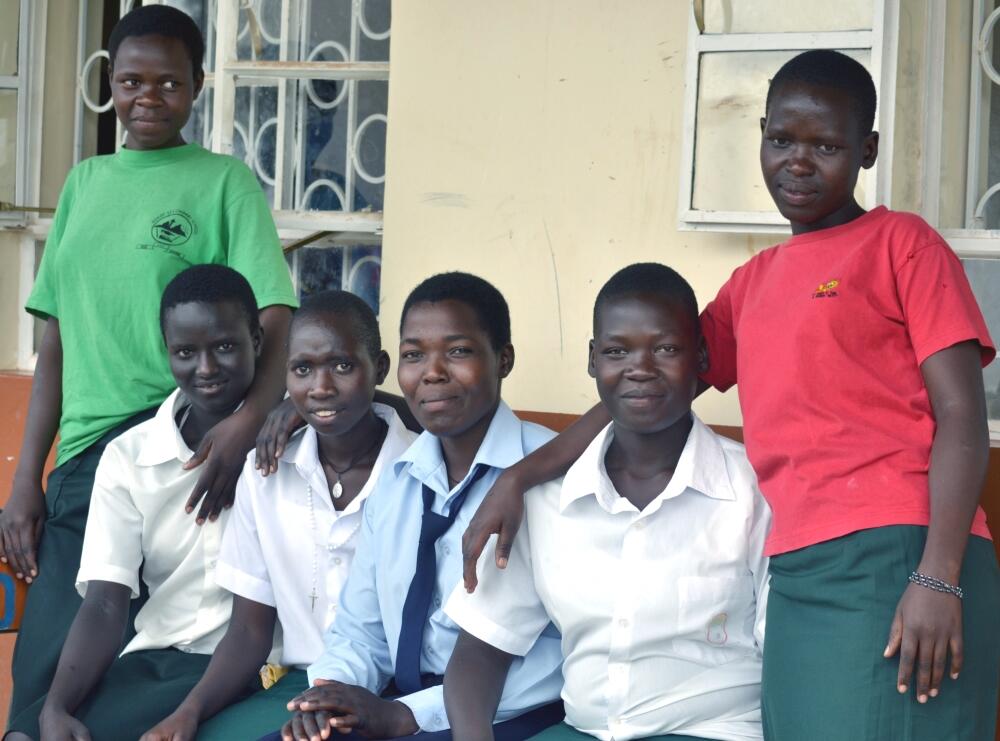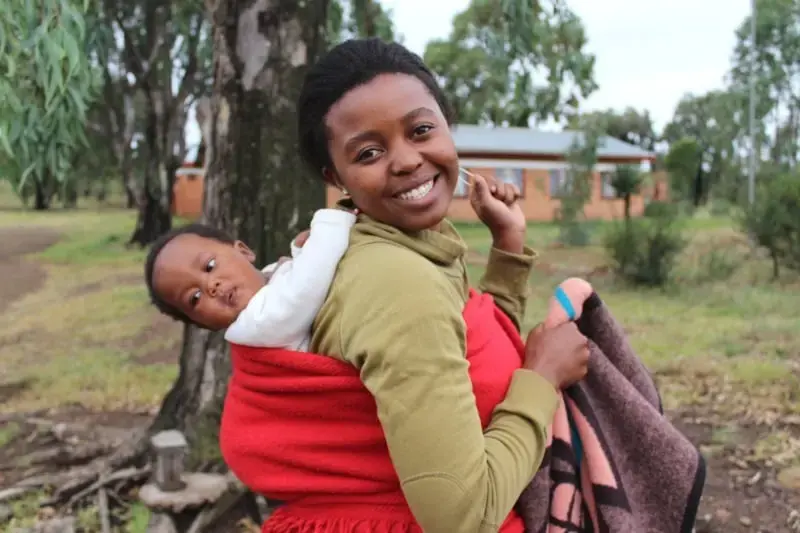The signing of a new agreement in Angola leads the way for UNFPA to accelerate progress towards universal access to sexual and reproductive health, voluntary family planning and safe motherhood in the country.
The UNFPA Angola Country Office was instrumental in the signing of a Third Party Procurement (TPP) agreement amounting to over $4 million. Signed with the Ministry of Health (MoH) and funded by the World Bank, the memorandum of understanding (MOU) has been established for procuring reproductive health medicines, equipment, and pediatric products for Angola.
The agreement is the first of its kind since UNFPA began operating in the country in 1978.
In partnership with UNDP, UNFPA Angola was able to leverage $150,000. UNFPA worked closely with the provincial governments of Huila and Cunene, UN agencies, community-based organizations and other partners to ensure that reproductive health was integrated into emergency responses.
UNFPA has deployed hygiene kits, trained community mobilizers and provided information about sexual and reproductive health, gender-based violence and prevention of HIV and AIDS.
Mobilizing resources from the Global Fund and UNICEF

A grant agreement of almost US$900,000 was signed early in September by UNFPA and UNDP. The grant, from the Global Fund, will support the prevention of HIV and AIDS in Angola, with a focus on out-of-school adolescent girls. This is the first agreement of its kind signed by the two agencies; it will cover a two-year period from 2016 to 2018.
UNFPA Angola is considering expanding the agreement to include HIV prevention among sex workers, for which an additional budget of more than $300,000 would be added.
UNFPA Angola has mobilized $100,000 from UNICEF for supporting evidence on the incidence of early pregnancy among adolescents aged 10 to 19 years, in Huila Province, southern Angola. UNFPA and UNICEF have agreed to work together in Huila to reduce teenage pregnancy and early marriage.
Angola to graduate from LDC status
Angola will graduate from Least Developed Countries status in February 2021, five years after the adoption of a UN General Assembly resolution in February this year, as it has met the ‘income only’ criterion.

In 2012, Angola’s GNI per capita was $3,747, more than three times the income graduation threshold ($1,190). The country did not meet any of the other criteria for graduation, as measured by its Human Asset Index (HAI) or Economic Vulnerability Index (EVI) scores.
The international downtrend in oil prices has hit Angola’s economy hard through the reduction of exports. The GDP growth rate in 2015 was 3.8 per cent and it is expected to remain relatively subdued at 3.3 per cent in 2016 and 3.5 per cent in 2017.
This has led to a decrease in governmental revenues; budget cuts close to 60 per cent in real terms in the social sectors and almost 80 per cent in the economic sectors from 2014 to 2016; and an increase in government debt to around 57 per cent of GDP by the end of 2015, up from 36 per cent in 2013, according to Angola State Budget data.
Raising new resources
UNFPA Angola Country Office, which did not have a record of resource mobilization in previous Country Programmes, was tasked to reach the target of US$1 million in 2016. One of the entry points for raising resources for the Programme was to sensitize the Government of Angola on the need to demonstrate commitment to the UNFPA agenda locally and advocate for a cost financing agreement.
With support from UNFPA East and Southern Africa Regional Office and UNFPA headquarters, the instruments for a co-financing agreement with upper-middle income countries were prepared and the Government of Angola signed for matching funds of $100,000.
The MINJUD Director for Youth Policies highlighted the importance of the agreement. Angolan youth represent a key population age group that requires investments and opportunities for their empowerment, he said. He recognized the strategic contribution of UNFPA in supporting the adolescent and youth programme, Youth Informed Responsible and Organized, or JIRO.
By Emanuel Paim



